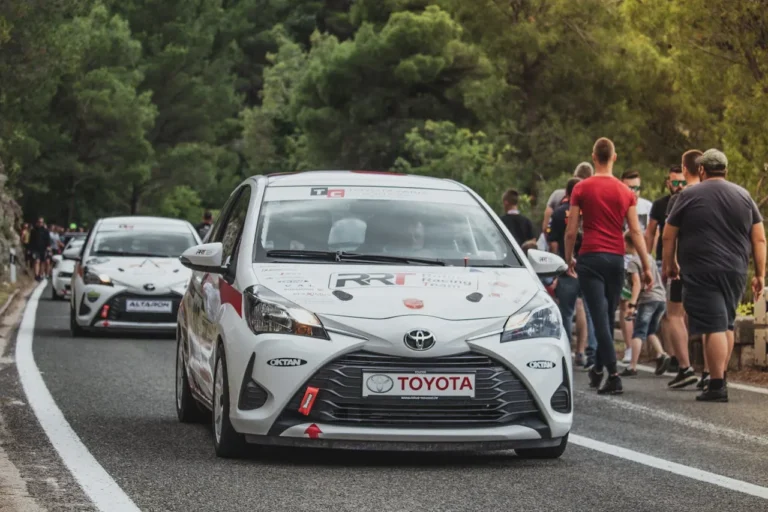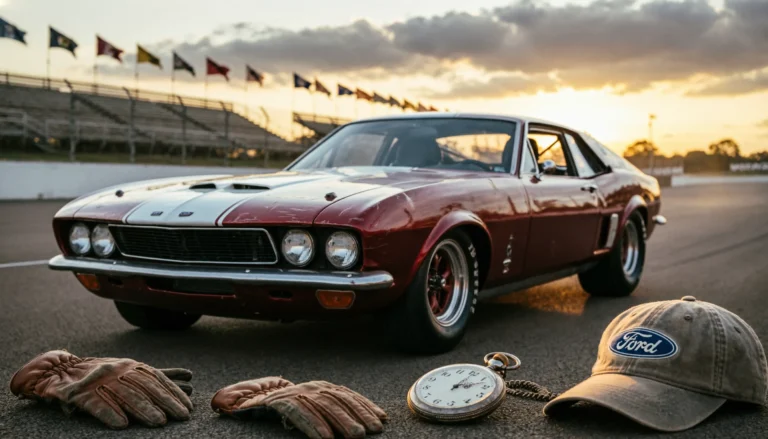
Group 1 Tops 2025 Pied Piper Service Rankings as A.I. Challenges Human Staff in Appointment Calls
Group 1 Automotive has earned the top spot in Pied Piper’s 2025 PSI® Service Telephone Effectiveness® (STE®) Auto Dealer Group Study, which evaluated how efficiently and effectively U.S. auto dealerships handle service appointment requests over the phone. The study analyzed the performance of 2,105 dealerships from 26 of the largest dealer groups in the country, as well as 200 independent service centers, using over 30 weighted performance metrics designed to assess behaviors that increase service revenue and foster customer loyalty.
Group 1 Automotive led the rankings with a record-breaking average STE score of 76, a 12-point jump from the previous year. Close behind were Napleton Automotive Group, Berkshire Hathaway Automotive, and Ed Morse Automotive Group. The average STE score across all dealer groups was 64, marking a steady improvement in telephone-based service interactions industrywide.
Industrywide Gains: Better Phone Etiquette, Fewer Drop-Offs
The overall improvement in STE scores across the industry stems largely from a noticeable reduction in negative customer experiences, such as excessive hold times and unfulfilled appointment requests.
- Hold Time Reductions: In 2025, customers were placed on hold for more than two minutes just 2% of the time—down from 13% in 2024.
- Fewer Call Failures: Only 9% of callers hung up without being offered an appointment, a decrease from 13% the year prior.
- More Efficient Response Times: The industry average time to reach a live service associate was 60 seconds, but Group 1 significantly outperformed with an average of just 51 seconds.
Group 1 also demonstrated remarkable improvement in service conversion rates. Only 4% of callers to Group 1 locations weren’t offered an appointment—half the industry average and significantly better than their own 10% rate last year.
Artificial Intelligence: Rising Role and Rival to Human Staff
A notable development in this year’s study is the increasing use of artificial intelligence (A.I.) to handle incoming service calls. Pied Piper collected specific data comparing A.I.-managed calls to those handled by human service representatives, uncovering both strengths and gaps in A.I. deployment.
A.I. Outperforms in Most Scenarios
- 91% Success Rate: At dealerships using A.I., automated systems fully handled 91% of service appointment calls without human assistance.
- Higher Efficiency: Successful A.I.-managed calls achieved an average STE score of 72, surpassing the national average dealer score of 64 and nearly matching top-tier dealer groups.
- Customer Conversion: Dealerships relying on A.I. scheduled appointments in 86% of interactions, slightly below the 90% success rate of human-managed calls but still highly competitive.
In fact, 84% of successful A.I. service calls scored equal to or better than the national average for dealer groups, suggesting that well-implemented A.I. solutions are capable of delivering premium customer experiences.
Handoff Breakdowns: The A.I. Weak Spot
However, A.I. systems struggled when unable to resolve more complex customer needs—such as those involving recalls or multiple concerns—necessitating a transfer to human agents. These handoffs were problematic:
- Handoff Failure Rate: Transfers from A.I. to human agents failed 56% of the time, resulting in voicemail, endless hold, dropped calls, or requiring a callback.
- Customer Time Lost: On average, A.I. transfers occurred 88 seconds into the call, meaning customers often wasted valuable time before experiencing failure.
- Performance Drop: When A.I. transferred the call, the resulting human interaction scored an average STE of 50—14 points below the national average and 22 points lower than fully handled A.I. calls.
Only 28% of these transferred calls resulted in human interactions with STE scores exceeding the A.I. performance average.
“A.I. now often outperforms human staff on service calls, but handoffs to people frequently fall apart,” said Cameron O’Hagan, Pied Piper’s Vice President of Metrics and Analytics. “Dealers must use A.I. as a tool—not a crutch—and stay committed to staffing and smooth transitions.”
Independent Service Centers: A Growing Competitive Force
For the first time in the study’s history, Pied Piper evaluated the performance of independent service centers. The results were mixed, but independents posed a credible threat in key areas.
- Overall Average: Independents scored an average STE of 60, slightly below the dealer group average of 64.
- Brand Breakdowns:
- Midas: 65
- Firestone: 62
- Meineke: 57
- Pep Boys: 56
Though independents offered appointments only 79% of the time—compared to 90% for dealer groups—they outperformed dealers in certain critical behaviors:
- Faster Availability: Independents averaged just 1 day out for appointment availability, versus 4 days for dealer groups.
- Greater Transparency: They were also twice as likely to provide a cost estimate over the phone.
“Failure to schedule an appointment quickly may be all it takes for a dealership’s service customer to choose an independent shop,” said O’Hagan. “Faster availability and price transparency are real competitive advantages for independents.”
Dealer Group Comparison: Key Metrics from the 2025 Study
“Quickly Reach Associate” – Percent of time customers reached a live service rep within one minute:
- Above 80%: Zeigler Auto Group, Greenway Automotive, Serra Automotive, Bergstrom Automotive
- Below 40%: Ken Garff Automotive Group, Ciocca Auto Group, Penske Automotive Group
“Set an Appointment” – Percent of time customers were offered an appointment:
- Above 95%: Napleton, Ed Morse, Group 1, Bergstrom, Morgan Auto
- Below 80%: West Herr, Fox Motors
“Average Days Out” – How soon the earliest available appointment was:
- Under 2 days: Napleton, Berkshire Hathaway, Group 1, Ourisman, Greenway
- Over 7 days: West Herr, Fox Motors
“Communication Failure” – Incidence of dropped calls, voicemail, or being stuck in phone menus:
- Below 3%: Ed Morse, Napleton, Zeigler, Group 1
- Above 15%: Penske, West Herr, Fox Motors
Why the Study Matters
According to Pied Piper, the initial service phone call is a critical touchpoint for establishing customer trust and long-term loyalty—yet it often receives little internal oversight. The PSI® Service Telephone Effectiveness® study aims to shed light on this blind spot, providing actionable insights for continuous improvement.
“Increasing visibility leads directly to improvement,” emphasized O’Hagan. “Dealerships that pay attention to their phone-based interactions gain a clear edge in retaining customers and boosting service revenue.”
Pied Piper has been publishing independent dealership performance studies for more than 15 years, offering annual insights into sales and service effectiveness across omnichannel environments. Through its Prospect Satisfaction Index® (PSI®) and advanced A.I.-powered analytics, the company provides real-time, mobile-accessible tools for dealerships to enhance customer interactions both online and offline.







